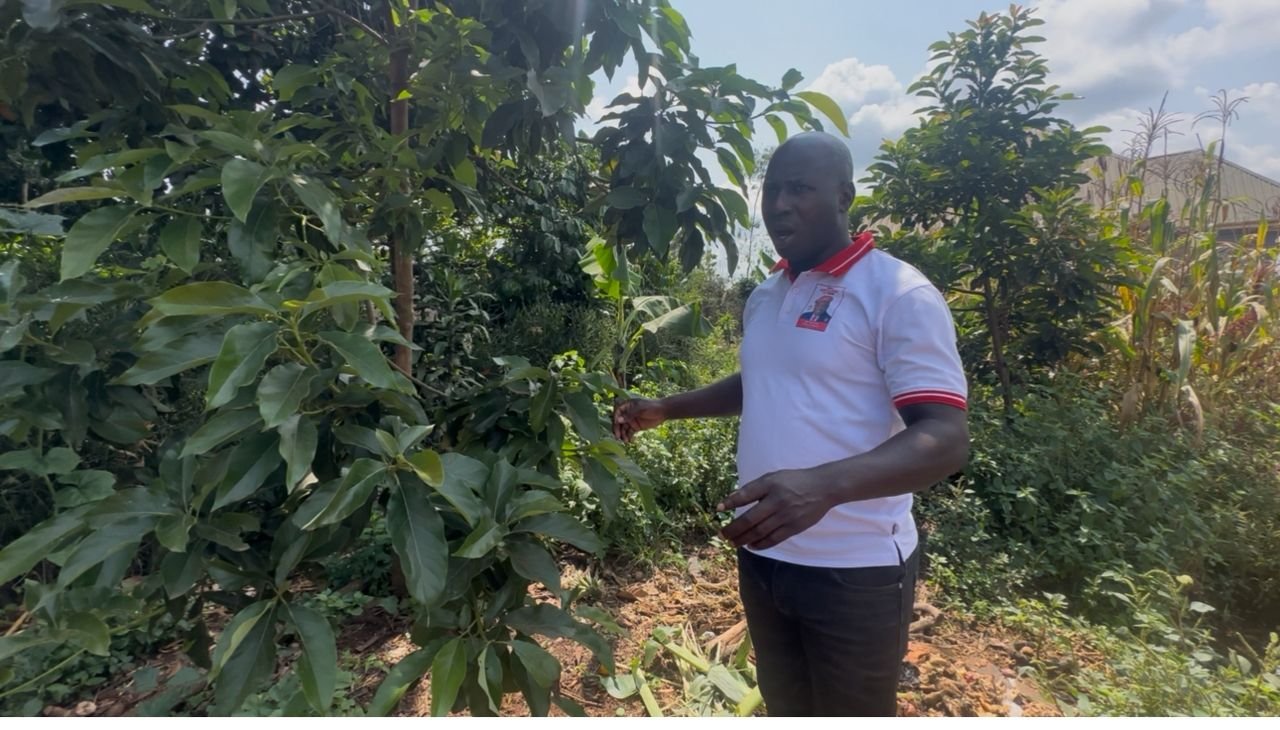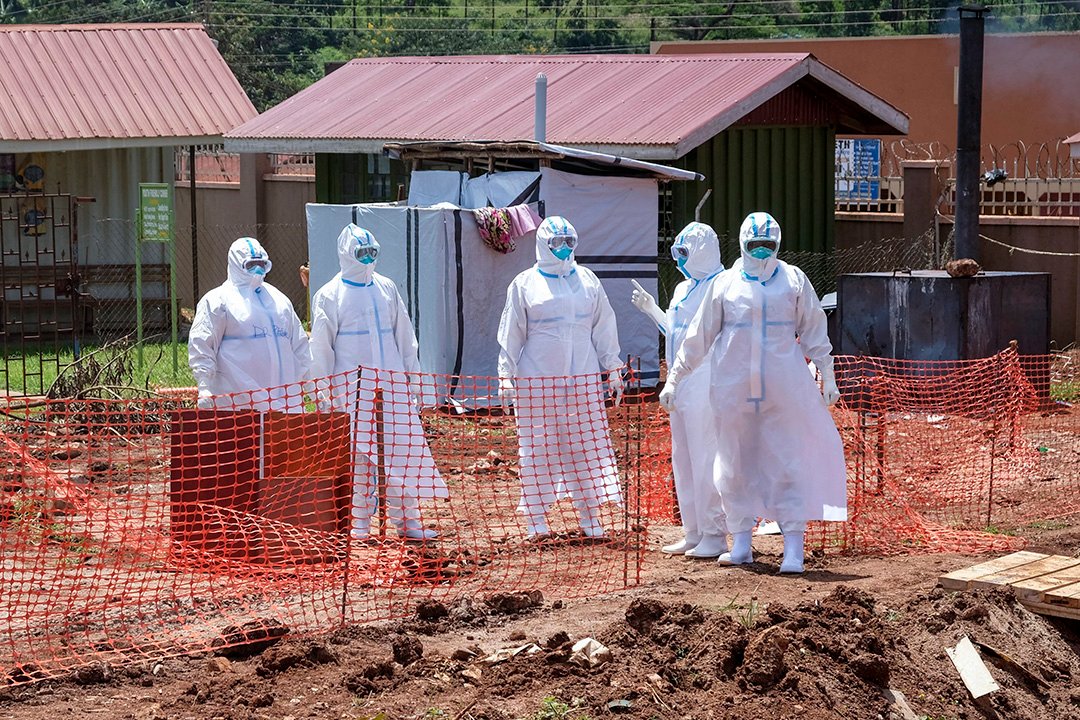Residents of Luwero District have raised concerns over what they describe as growing air and water pollution from Victoria Sugar Factory, saying the emissions are affecting their health, food, and water sources.
Villagers in Yandwe, Ndibulungi, Kakabala, Nnalongo and several surrounding communities say smoke and soot from the factory have become a daily challenge. Local leaders warn that unless the problem is addressed, it could evolve into a serious public health crisis.
Buule Kose Kizito, the LC1 chairman of Yandwe, said the issue has become widespread.
“Thick smoke breaks into particles and spreads across our homes. Many people here are coughing and suffering from flu-like symptoms. We ask government to compel factories to operate with safeguards so our communities are not left exposed,” he said.
Other residents described daily inconveniences. “When you hang clothes outside, they get covered with black dust. The same particles fall on the iron sheets we use to collect rainwater, leaving it dirty and unsafe,” said Robert Seru, a farmer in Yandwe 1.
Luwero District Councillor for Butuntumula Sub-County, Isaac Wampamba, said the community has complained for years.
“There is constant noise and soot covering fruits and vegetables. Some families have even stopped eating their greens. As local leaders we tried to engage Victoria Sugar but didn’t get a positive response. Government should act now because the communities feel abandoned,” he said.
Local traders like Rehema Nantongo added that the pollution affects both food and livestock. “The particles fall in our gardens, and everything you harvest is coated in soot. Even animals that eat the grass fall sick. We fear this smoke is dangerous to our health,” she said.
NEMA Steps In
Responding to the concerns, the National Environmental Management Authority (NEMA) pledged to follow up on the latest complaints. Executive Director Dr. Barirega Akankwasah said the Authority would dispatch a team.
“We shall send inspectors to find out about this latest complaint of particles,” he said. “The other time it was water pollution. Now I will send inspectors for air quality.”
Wider Health Concerns
Uganda is already struggling with rising health complications linked to environmental hazards. The Uganda Cancer Institute estimates the country now records about 33,000 new cancer cases every year, double the number from a decade ago. Experts warn that industrial emissions and urban air pollution are major risk factors.
A 2023 study by Makerere University’s School of Public Health reported higher incidences of chronic coughs, asthma, and suspected lung complications among residents in industrial zones of Kampala and Wakiso compared to those in rural areas. The Uganda Bureau of Statistics (UBOS) has also listed air pollution among the top five threats to public health.
Globally, the World Health Organization attributes about seven million premature deaths annually to air pollution, with developing countries carrying the highest burden.
Call for Action
Residents argue that the situation in Luwero is a reminder that Uganda’s growing industries must operate responsibly.
They want independent tests of air and water quality, stricter enforcement of pollution standards, and closer coordination between government regulators and factory owners.
“Our health and environment should not be sacrificed for development,” said Kizito. “We need industries that grow without destroying the communities around them.”

















